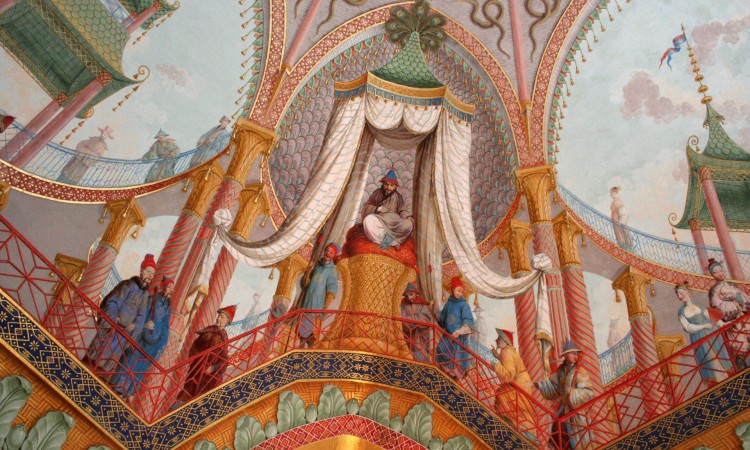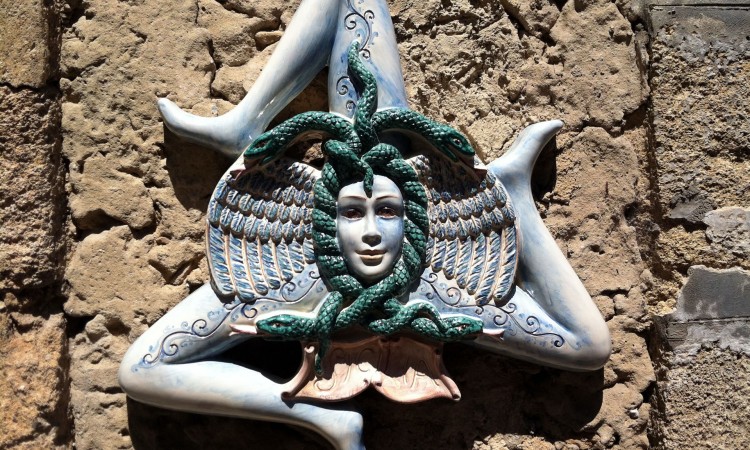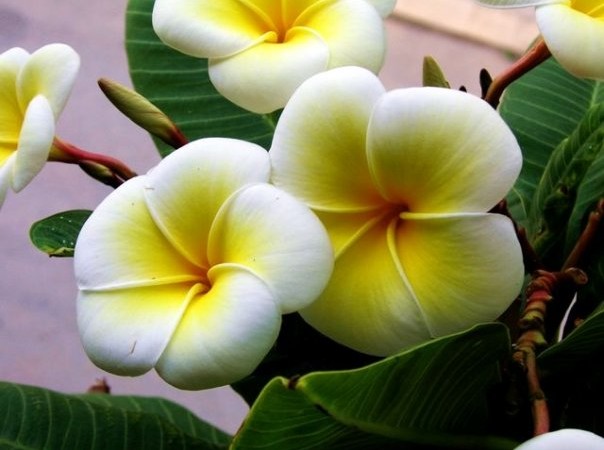There is a constant implicit in the trip: to start new adventures you have to be ready to change . Not radically , but just enough to catch up and back to the dream. Today, we want to suggest you 8 reasons to visit Palermo and fall in love with the capital of Sicily. Even if there are so many reasons why you will love Palermo we want to offer you some new point of view to plan your next trip, pack your bags and follow your adventure dream.
Sicily
Trinacria: story of Sicily and its three capes
There is something special in Sicilian culture; there is always something you wouldn’t expect… in every street corner, in people attitude, while you are tasting Sicilian food: keep your eyes open, Sicily will get you. Sicily is a land full of charm and mistery and we want to unveil a few secrets about its ancient past and its name. Siculi and Sicani were the first inhabitants of Sicily, that was originally named Sicania. Although upon their arrival the Greeks called the island “Thrinakia” – meaning “island of the three capes” – because of its shape.
The myth of Colapesce: the third column of Sicily
Sicily is a treasure chest of incredible stories. Myths and legends have been for long time the way to explain the unpredictable and the unknown. Maybe this is why lots of Sicilian tales are focused on the sea and his mysteries. The myth of Colapesce tells about a fisherman’ son, Nicholas from Messina. He was known as Colapesce because of his love for the sea and his skills under the water: everytime he dove into the seabed he resurfaced from the waves, ready to tell the incredible discoveries from the under water world.
Plumeria: the flower of Sicily
If you’ve been in Sicily at least once you must have noticed a white flower with a sweet-spicy scent inside Sicilian gardens or balconies? Well, that’s the Plumeria, also known as Frangipani or Pomelia, as they call it around here.
Sicilian women used to plant the Pomelia and give it to their daughters (or granddaughters) after the marriage to adorn their new home, and that’s why the flower acquired a deep meaning bound to a sense of familiar affection and heritage.






